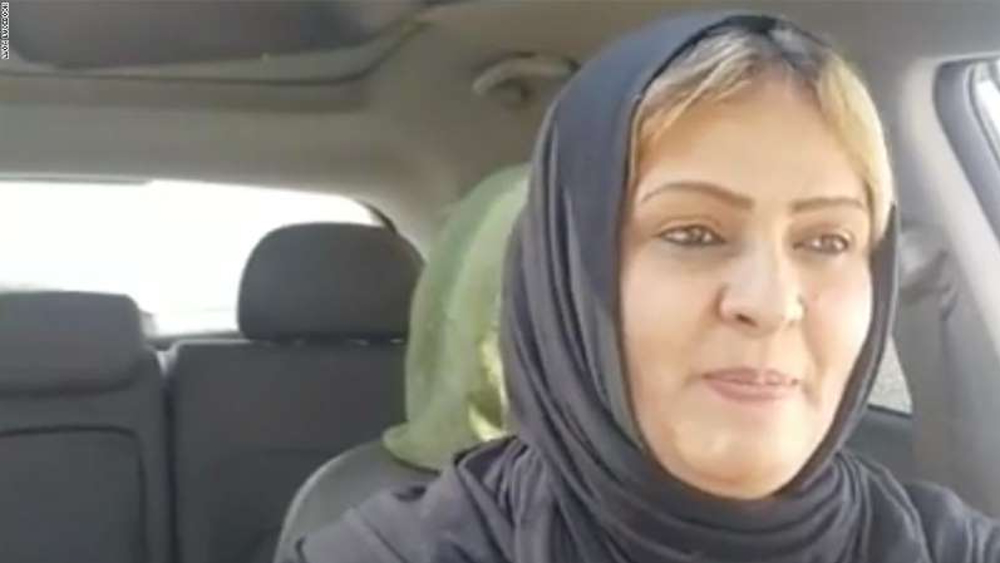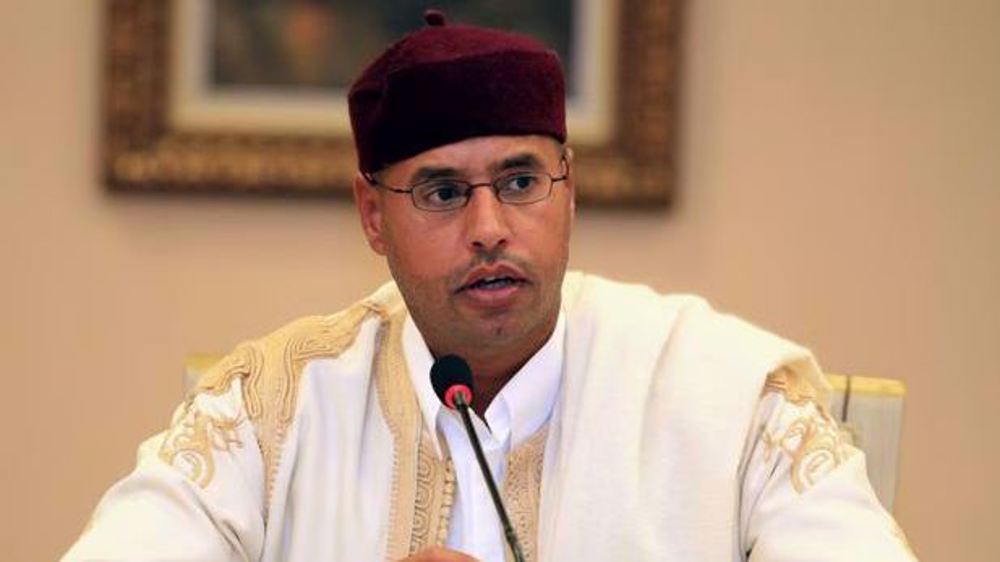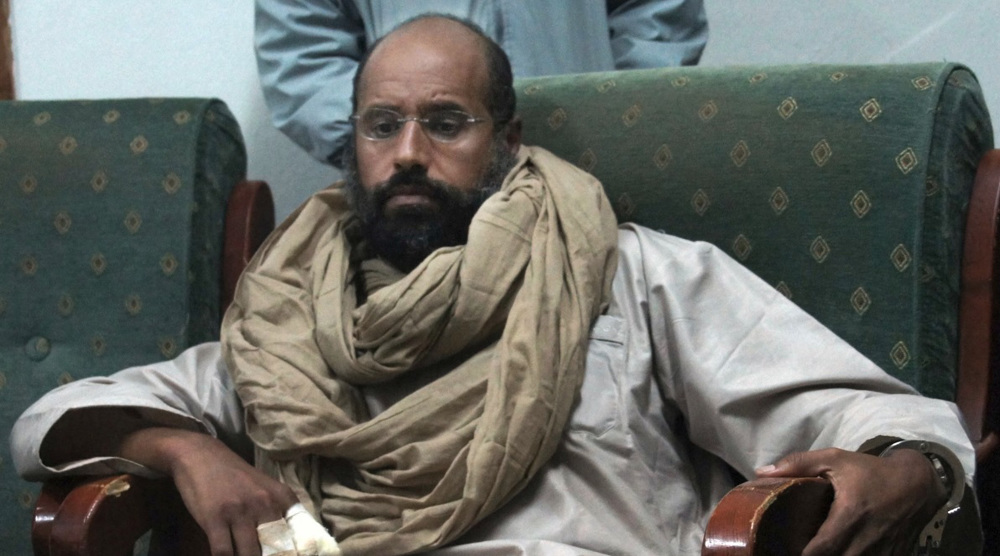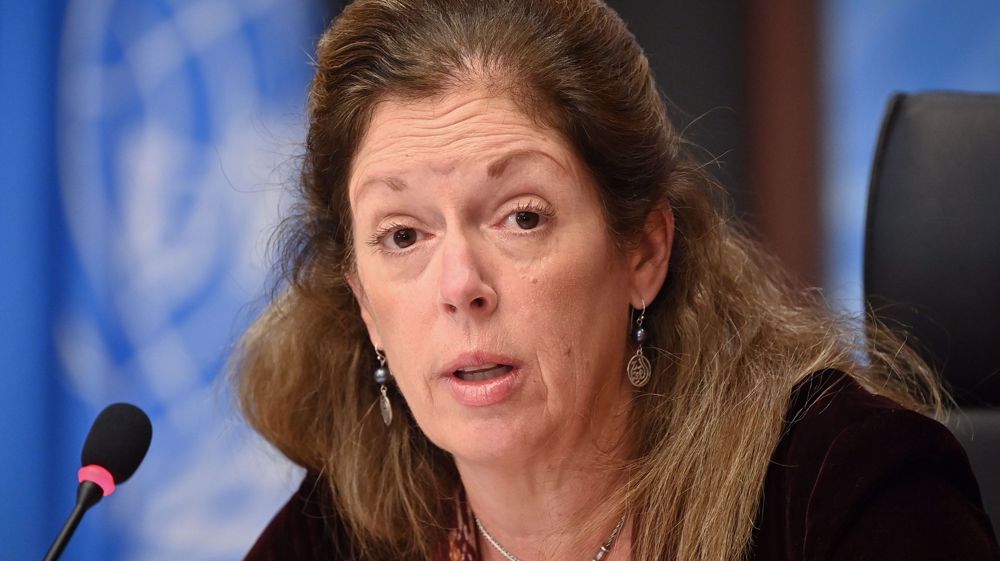UN Libya mission condemns killing of lawyer, urges probe
The United Nations mission in Libya (UNSMIL) has strongly condemned the killing of a prominent lawyer and women's rights activist in the country's eastern city of Benghazi, calling on relevant authorities to initiate an investigation.
"UNSMIL strongly condemns the killing of lawyer Hanan al-Barassi in broad daylight in Benghazi by unidentified armed men," the UN mission said on Wednesday.
Barassi, 56, was shot in her car in Benghazi on Tuesday. She was a well-known figure in the media who frequently spoke out for female victims in videos broadcast on social media. She ran a local women's rights group as well.
The UNSMIL further said Barassi was "a vocal critic of corruption, abuse of power and human rights violations."
It said "her tragic death illustrates the threats faced by Libyan women as they dare to speak out," urging a prompt investigation and justice for perpetrators.
Separately on Wednesday, Human Rights Watch called for authorities in eastern Libya to "promptly investigate the apparent politically motivated killing" of Barassi.
Hanan Salah, a senior Libya researcher at the New York-based organization, said the brutal killing of Barassi "will send chills through activists across the region," adding that it "smacks of a cold-blooded execution."
"Armed groups in Benghazi seem to think they are invincible and immune from accountability. The authorities there need to prove them wrong and ensure that they face justice for their crimes," Salah said.
Barassi was buried on Tuesday in a cemetery in Benghazi. Images of her funeral were widely shared online, some showing her tombstone reading "martyr for truth."
Barassi had been broadcasting a live Facebook video moments before she was killed in which she criticized allies of Libyan military strongman Khalifa Haftar and vowed to reveal their alleged crimes.
Her killing sparked an outpouring of anger in Libya, which has endured years of lawlessness and conflict.
Libya plunged into chaos in 2011, when a popular uprising backed by a NATO intervention led to the ouster of long-time leader Muammar Gaddafi.
Since 2014, two rival seats of power have emerged in Libya, namely an internationally-recognized government, and another group protected militarily by rebels under the command of Haftar, which is based in the country's east.
The rebels are supported by the United Arab Emirates, Egypt, and Jordan.
Hezbollah leader: Israel‑US aggression is Lebanon’s main challenge
Muslim nations condemn Israel’s new West Bank settlement laws
Iraq executes ex-Saddam official over 1980 killing of Shia cleric Baqir al-Sadr
Iran could dilute 60% enriched uranium if ‘all sanctions lifted’: Nuclear chief
FBI chief vows to ‘hunt down’ those who kill American citizens – except Israel
VIDEO | Exclusive: Armed Forces spokesman says Iran will never give in to US pressure amid talks
Iran‑US talks ‘good opportunity’ to resolve nuclear issue: President Pezeshkian
Iran seeks result-oriented talks, progress depends on US seriousness: Araghchi













 This makes it easy to access the Press TV website
This makes it easy to access the Press TV website